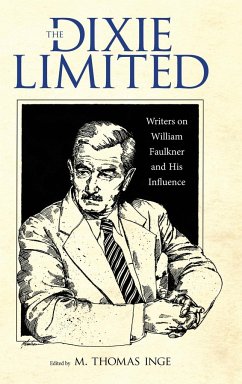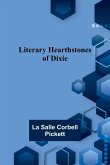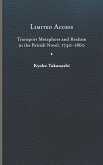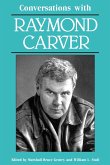A dazzling collection of writers worldwide on the massive authority of the Nobel laureate Contributions by Conrad Aiken, James Baldwin, Stephen Vincent Benet, Arnold Bennett, Jorge Luis Borges, Kay Boyle, Roark Bradford, J. M. Coetzee, Donald Davidson, John Dos Passos, Richard Ford, Carlos Fuentes, George Garrett, Harry Golden, Caroline Gordon, John Grisham, Lillian Hellman, Richard Hughes, Archibald MacLeish, Gabriel Garcia Marquez, Alice McDermott, Thomas Merton, Willie Morris, Wright Morris, Edwin Muir, Vladimir Nabokov, Kenzaburo Oe, George Orwell, Dorothy Parker, Padgett Powell, V. S. Pritchett, John Crowe Ransom, Jean-Paul Sartre, Evelyn Scott, Lee Smith, Terry Southern, Elizabeth Spencer, Laurence Stallings, Wallace Stegner, Allen Tate, Robert Penn Warren, Eudora Welty, Paul West, Thornton Wilder, and Richard Wright Flannery O'Connor once noted, "The presence alone of Faulkner in our midst makes a great difference in what the writer can and cannot permit himself to do. Nobody wants his mule and wagon stalled on the same track the Dixie Limited is roaring down." Her railroading metaphor wittily captures much of the respect and unease Faulkner's example brought the worldwide community of authors. Few other writers have exerted as profound an influence on literature as Faulkner. Prominent literary scholar M. Thomas Inge documents the scope of his influence in the twentieth century through the words of those writers themselves. This collection of essays offers a survey attempting to capture exactly what Faulkner meant to his literary peers and colleagues both in the United States and abroad. Inge has combed essays, articles, reviews, letters, and comments written by over forty novelists, poets, and playwrights about Faulkner's fiction and the power of his literary accomplishment. Many major American writers sound off here, as well as important figures from France, England, Japan, and South America. Some speak about his technical virtuosity and how this expertise has directly influenced them, and others express the difficulties of trying to escape his example. A few even criticize him for what they see as artistic failures. The variety of responses demonstrate, in any case, that Faulkner created an unavoidable power in his own time and remains a permanent force in literature. M. Thomas Inge, Ashland, Virginia, is the Robert Emory Blackwell Professor of Humanities at Randolph-Macon College, where he teaches and writes about Southern culture, American humor, the graphic novel, and William Faulkner. His previous books on Faulkner include William Faulkner: The Contemporary Reviews and an illustrated biography, William Faulkner. He is the editor of Conversations with William Faulkner (University Press of Mississippi).
Hinweis: Dieser Artikel kann nur an eine deutsche Lieferadresse ausgeliefert werden.
Hinweis: Dieser Artikel kann nur an eine deutsche Lieferadresse ausgeliefert werden.








